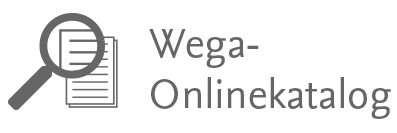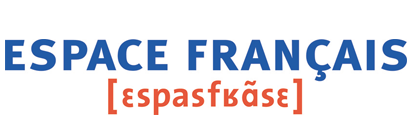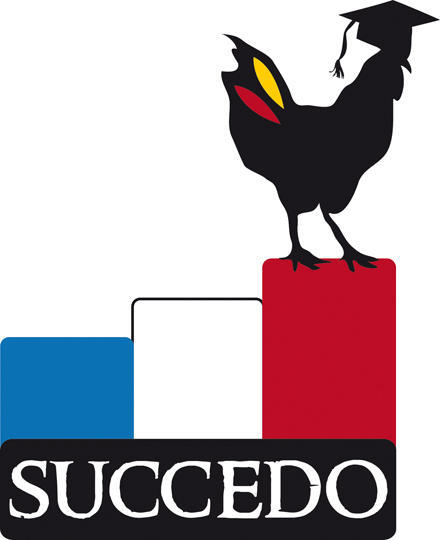Monitoring
Monitoring means reflecting on topics, tasks, the learning process, and thinking about oneself as a learner. This enables one to identify one’s own learning strengths and weaknesses and to structure one’s learning accordingly.
|
I can do this |
I want to learn this |
This isn't important for me |
|
|
I can recognise my own learning style (for example, whether I am a visual or auditory learner, whether I am a perfectionist or a risk taker) and/or reflect on this. |
|||
|
I can recognise my learning strategies (for example, whether I am a deductive thinker, associate words, can see the global picture) and/or reflect on them. |
|||
|
I am aware of my motivation for learning and/or can reflect on this. |
|||
|
I am aware of my feelings when learning and/or can reflect on them. |
For further descriptors see motivating myself and dealing with my feelings.
|
I can do this |
I want to learn this |
This isn't important for me |
|
|
I can recognise when a language deficit prevents me from completing a task (for example, I can’t tell someone about my degree course because I am lacking appropriate vocabulary). |
|||
|
I can recognise whether I have chosen the right steps to complete a task (for example, whether I should take notes while reading a text in order to produce a short summary). |
|||
|
I can recognise whether certain feelings hinder me from (effectively) completing a task (for example, boredom, fear of speaking in front of others, or emotional blocks). |
For further descriptors see planning, completing tasks and dealing with my feelings.
|
|
I can do this |
I want to learn this |
This isn't important for me |
|
I can reflect on materials and resources I have used, in particular |
|
|
|
|
|
|
|
|
|
|
|
|
|
|
|
For further descriptors see choosing materials and methods, completing tasks and evaluating.
|
|
I can do this |
I want to learn this |
This isn't important for me |
|
I am aware of which methods and strategies I apply when learning. |
|||
|
I can reflect on the methods and strategies I have employed, in particular |
|
|
|
|
|
|
|
|
|
|
|
|
|
|
|
For further descriptors see choosing materials and methods, completing tasks and evaluating.
|
|
I can do this |
I want to learn this |
This isn't important for me |
|
I can monitor and/or reflect on my learning (for example, by keeping a learning log). |
|
|
|
|
I can recognise when I need to discuss something with a learning advisor. |
|
|
|
|
I can regularly check my learning progress, in particular |
|
|
|
|
|
|
|
|
|
|
|
|
|
|
|
|
|
|
|
|
|
|
|
|
|
|
|
For further descriptors see cooperating and managing my own learning.
If after this reflection you would like to change aspects of your learning, you can go to the appropriate section: planning, choosing materials and methods, completing tasks or motivating myself and dealing with my feelings. Do you like learning together with others? In that case, go to cooperating.


